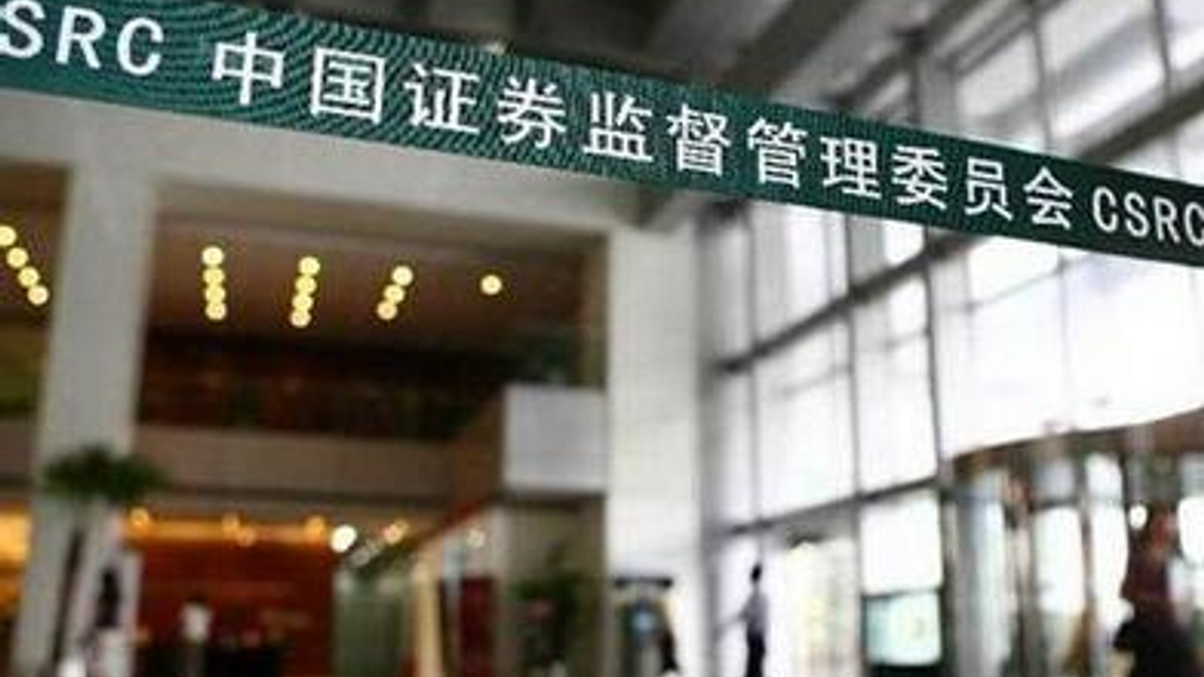China market rescue creates moral hazard, says JPM
The level of intervention and overt influence by Chinese authorities on the market is making foreign observers uneasy, particularly on the wider implication for future bail-outs.

The multi-pronged intervention being imposed on China's fragile stock market will risk creating a moral hazard for investors, says JP Morgan.
Sign in to read on!
Registered users get 2 free articles in 30 days.
Subscribers have full unlimited access to AsianInvestor
Not signed up? New users get 2 free articles per month, plus a 7-day unlimited free trial.
¬ Haymarket Media Limited. All rights reserved.


